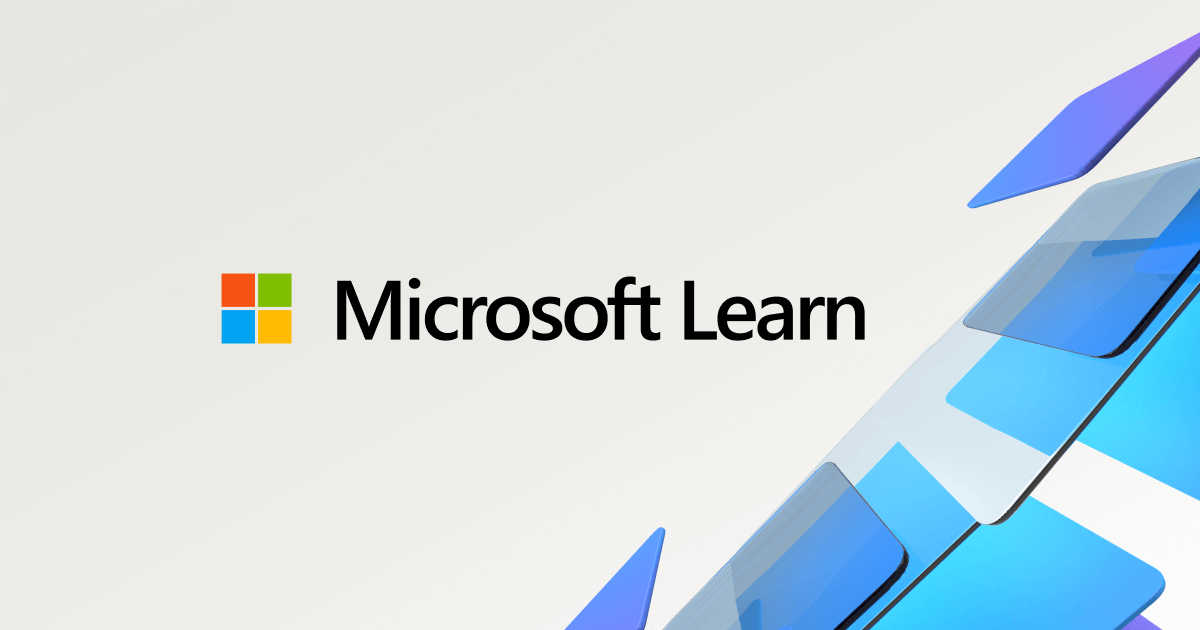Cheerful Charlie
Contributor
I have been running a new small form factor computer with Windows 11 Pro.
Windows 11 pro sucks. Lots of Windows users agree and have been going
back to Windows 10. And now Microsoft has announced an end of life for
Windows 10 early in 2025. And then it is on to Windows 12. I need to go
back to Linux.
Windows 11 pro is not quite a finished OS and there are a lot of broken bits.
The Linux ecosystem is shattering into dozens of different and complex OS's.
Browsers are losing abilities, such as Google downgrading Chrome based
browser's abilities to use ad blockers freely.
My head hurts.
Windows 11 pro sucks. Lots of Windows users agree and have been going
back to Windows 10. And now Microsoft has announced an end of life for
Windows 10 early in 2025. And then it is on to Windows 12. I need to go
back to Linux.
Windows 11 pro is not quite a finished OS and there are a lot of broken bits.
The Linux ecosystem is shattering into dozens of different and complex OS's.
Browsers are losing abilities, such as Google downgrading Chrome based
browser's abilities to use ad blockers freely.
My head hurts.

